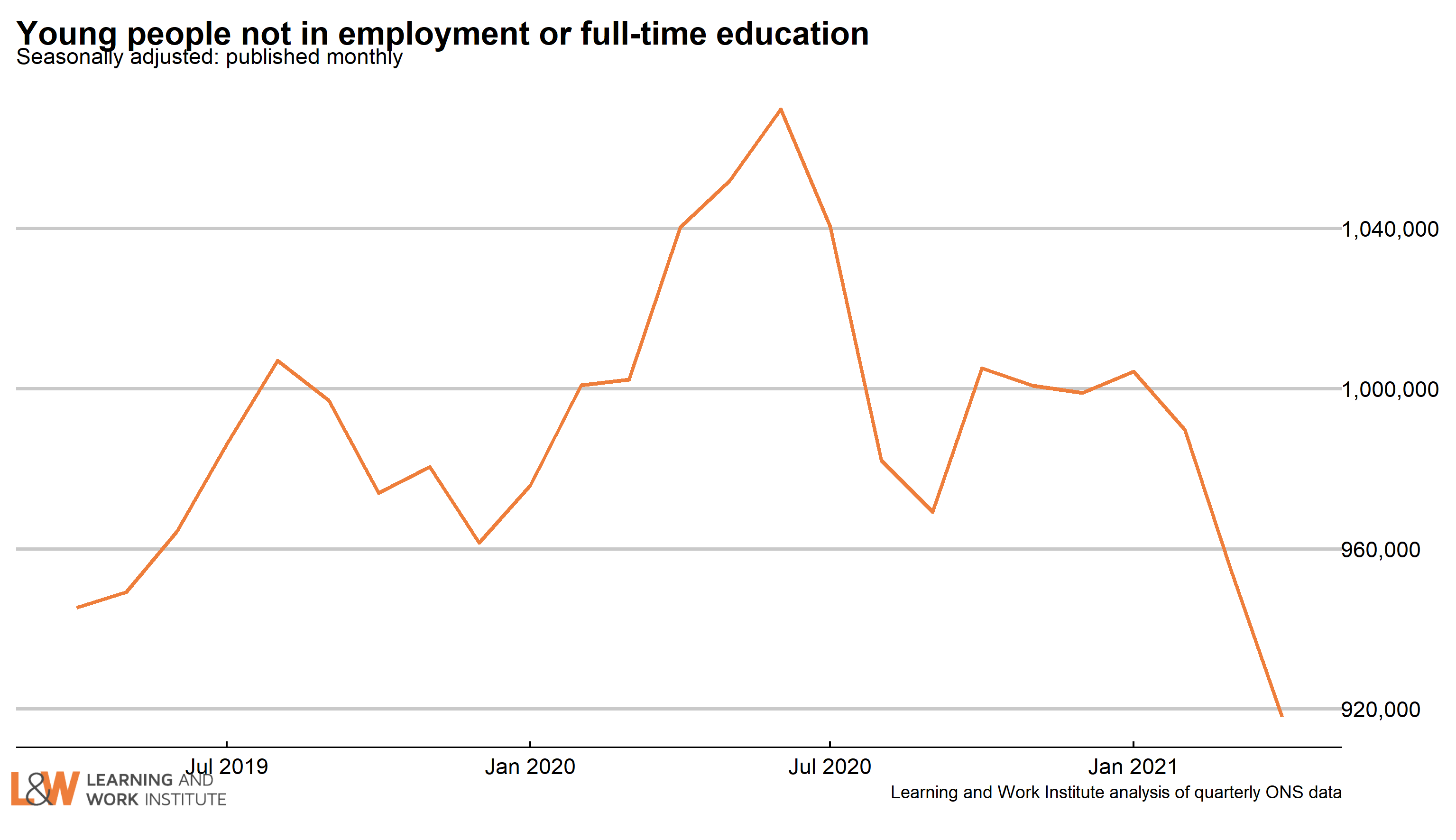In an attempt to stamp out illegal schools, the government is seeking to redefine what counts as full time education in the UK. To achieve this, the Department for Education has opened a consultation on how to make the definition of full time education a bit more comprehensive. Currently, to be deemed a full time institution, pupils must attend a full time educational institution for at least 18 hours a week and be registered with the government.
Part-time study
Whether or not part-time study is considered full-time in the UK depends on your visa and course requirements. To qualify for a part-time visa, you must be living in the UK and not dependent on your study to continue. If you’re in the UK on a student visa, you must be studying for a minimum number of hours each week. Some countries require students to complete all their studies within a specified time period.
You can study at a part-time university, college, or university. Most part-time studies do not have a time limit and are designed to fit into your busy lifestyle. In addition, part-time study requires less study time than a full-time course. It is best to contact your institution for information on what their rules are on part-time enrollment. The government and individual institutions have different rules.
Full-time study
The UK offers a wide range of opportunities for international students, including part-time jobs and summer and winter holidays. As a student, it is possible to earn up to 20 hours a week, but working full-time will be difficult unless you meet specific requirements set by your university. This article will outline the benefits of part-time work and how it can help you finance your studies. In addition, we’ll cover the legal issues and considerations regarding working in the UK, including the need for a work permit.
The UK is home to many world-renowned universities and has a very efficient public transportation system. You’ll be able to take a bus to class, work, or socialize. The UK also has affordable, reliable public transportation systems, and an underground subway system. The UK’s education system is highly regarded, with three out of every ten universities in the world being located in the country. The British government’s policy for education sets the standards for all UK universities.
Part-time university
There are many benefits of part-time study, including the opportunity to earn an income while studying and balancing family responsibilities. Part-time undergraduate and postgraduate fees are significantly less than full-time fees, as students only pay for the units they take in a particular year. Part-time undergraduate students can also apply for part-time student loans, which are free at the point of study but must be repaid once they earn PS21,000 or more.
A part-time university education in the UK can be a career-enhancing choice or indulgence that doesn’t involve relocation or career break. There are many benefits of part-time study, and it may be the most convenient way to pursue your degree without having to sacrifice your current life. Furthermore, it’s an excellent way to avoid the ‘university bubble’, and it also helps spread the costs of tuition fees.
Part-time college
A part-time college education usually takes twelve hours a week, spread over two or three days. It is also called an apprenticeship or traineeship, depending on what you are studying. The Government determines the school leaving age for these students. You can apply for benefits like Universal Credit if you meet certain conditions. In addition, part-time college students can also apply for other types of financial aid, such as a scholarship.
Full-time education requires more hours per week than part-time education. However, part-time education is not for everyone, especially those who are employed or have children to take care of. Part-time students can also earn money while attending school, and use that income to pay for living expenses and save money for their future. However, it is important to think about how much time you have to devote outside of studying.
Minimum hours of study
The government wants to extend the definition of “full-time education” in law in an effort to crack down on illegal schools. A full-time institution, by definition, offers pupils an 18-hour-a-week education. That includes tuition, practical work, supervised study, and exams. The government plans to publish a consultation on the proposal. If you want to start a college or a school, here are some things you should know.
Working during your studies isn’t forbidden in the UK, but it isn’t encouraged. Most colleges require at least 20 hours of education each week. However, it is not advised to work more than this amount. Most colleges and universities in the UK allow students to work between 15 and 20 hours per week. The UK considers a week to be seven days long. The rules differ slightly for international students, though.

